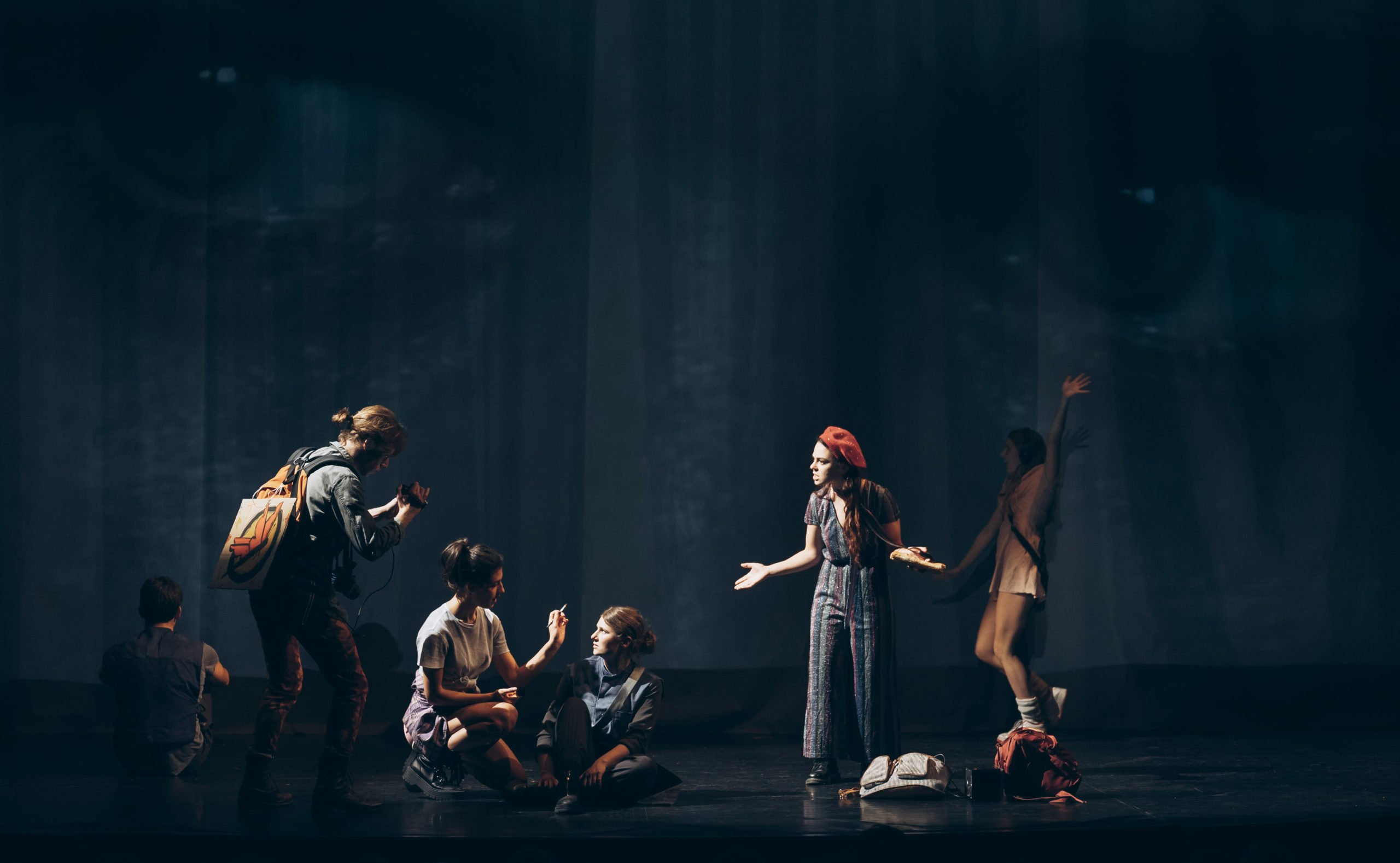[[data.name.value]]
[[metadata.defaultData.name]]
[[data.title.value]],
[[metadata.defaultData.title]],
[[data.company.value]]
[[metadata.defaultData.company]]

Which Skills are the Main Focus of Acting Schools for its Students?
The goal of acting schools is to shape future performers into well-rounded professionals. They provide pupils the resources they need to succeed in a variety of jobs and media. These institutions provide specialized instruction in a variety of critical abilities necessary for success in the performing arts. The Escuela del actor Valencia and other acting schools stress some fundamental skills in order to improve their students' trade.

Knowing about Movement and Physical Expression
Nonverbal communication is one of the most important aspects of acting. The development of movement and physical expressiveness is emphasized heavily in acting schools. Students gain an understanding of how to successfully communicate emotions, motives, and character interactions via a variety of tasks. Actors who have mastered bodily control may narrate tales without using words. Intense movement workshops often test students' physical boundaries and heighten their awareness of their bodies in front of the camera or on stage.
Building Authenticity and Emotional Range
A key component of acting is emotional depth. Training students to access a variety of emotions and represent them successfully is a top priority for acting schools. Students are taught techniques to help them relate to their own feelings and experiences in order to make their performances more genuine. Actors may respond more naturally in any scenario by practicing improvisation and emotional recall. This aids them in developing personalities that people find compelling. One quality that distinguishes outstanding performers from the others is their ability to elicit genuine emotions when called upon.
Improving Speech Clarity and Vocal Skills
For every actor, voice control is an essential skill. Vocal training takes up a large amount of the curriculum in acting schools. In addition to learning how to project their voices clearly, students also learn how to demand attention. Effective line delivery requires good diction and voice modulation, whether on stage or in a movie. Actors may build the endurance they need to perform for extended periods of time by practicing breathing techniques. Learning accents and dialects via vocal training also helps students play a variety of parts in various shows.
Learning to Character Analysis and Script Analysis
In addition to bringing a character to life, a great actor is aware of the nuances of the script. The significance of script analysis, which entails dissecting the screenplay to comprehend a character's motives, goals, and connections, is emphasized by acting schools. Students gain the ability to closely examine scripts and identify minute details that enhance a performance. Actors are better equipped to play nuanced roles and connect with viewers on a deeper level by studying the text. This fundamental ability guarantees that each position is tackled deliberately and attentively.
Increasing Self-Belief with Improvisation
The development of an actor's spontaneity and inventiveness depends heavily on improvisation. Improv exercises are often used in acting schools to increase flexibility and confidence. Actors may have to make last-minute adjustments in real-life situations. Students who practice improvisation get the ability to think fast and maintain character even in spontaneous situations. This ability is crucial, particularly in live theatrical productions when unforeseen circumstances may occur. It also improves an actor's capacity for productive teamwork with other actors.
Conclusion
Students who attend acting schools are prepared for the hard work and fierce competition of the entertainment business. Students develop a wide variety of talents, from perfecting vocals to mastering movement. Actors are able to perform realistically on a variety of platforms because to these talents, which are refined via intense training. Aspiring performers develop into experts who can captivate any audience with constant practice and coaching.